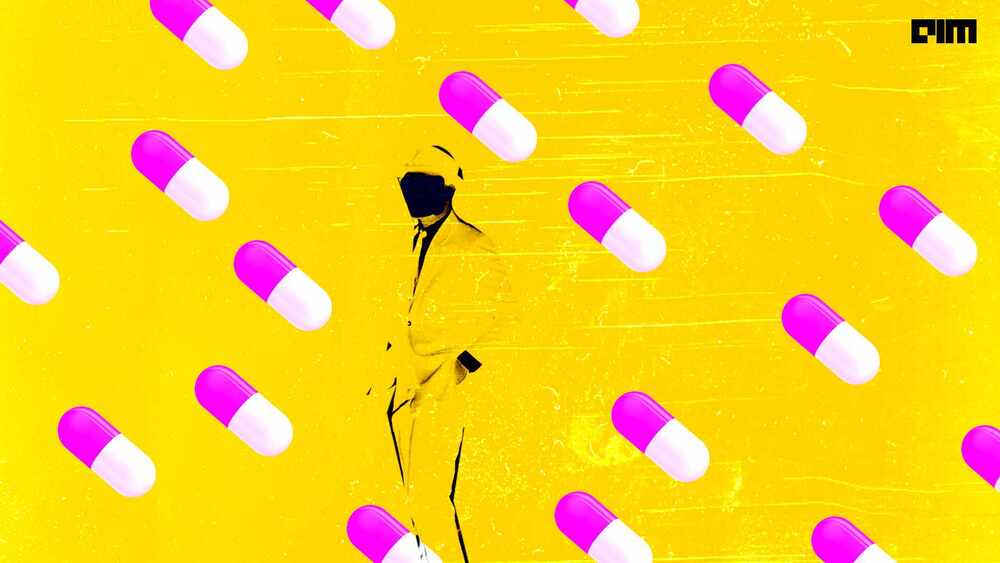The first-generation AI systems did not address these needs, which led to a low adoption rate. But the second-generation AI systems are focused on a single subject – improving patients’ clinical outcomes. The digital pills combine a personalised second-generation AI system along with the branded or generic drug and improve the patient response as it increases adherence and overcomes the loss of response to chronic medications. It works on improving the effectiveness of drugs and therefore reducing healthcare costs and increasing end-user adoption.
There are many examples to prove that there is a partial or complete loss of response to chronic medications. Cancer drug resistance is a major obstacle for the treatment of multiple malignancies, one-third of epileptics develop resistance to anti-epileptic drugs; also, a similar percentage of patients with depression develop resistance to anti-depressants. Other than the loss of response to chronic medications, low adherence is also a common problem for many NCDs. A little less than 50% of severely asthmatic patients adhere to inhaled treatments, while 40% of hypertensive patients show non-adherence.
The second-generation systems are aimed at improving outcomes and reducing side effects. To overcome the hurdle of biases induced by big data, these systems implement an n = 1 concept in a personalised therapeutic regimen. This focus of the algorithm improves the clinically meaningful outcome for an individual subject. The personalised closed-loop system used by the second-generation system is designed to improve the end-organ function and overcome tolerance and loss of effectiveness.
